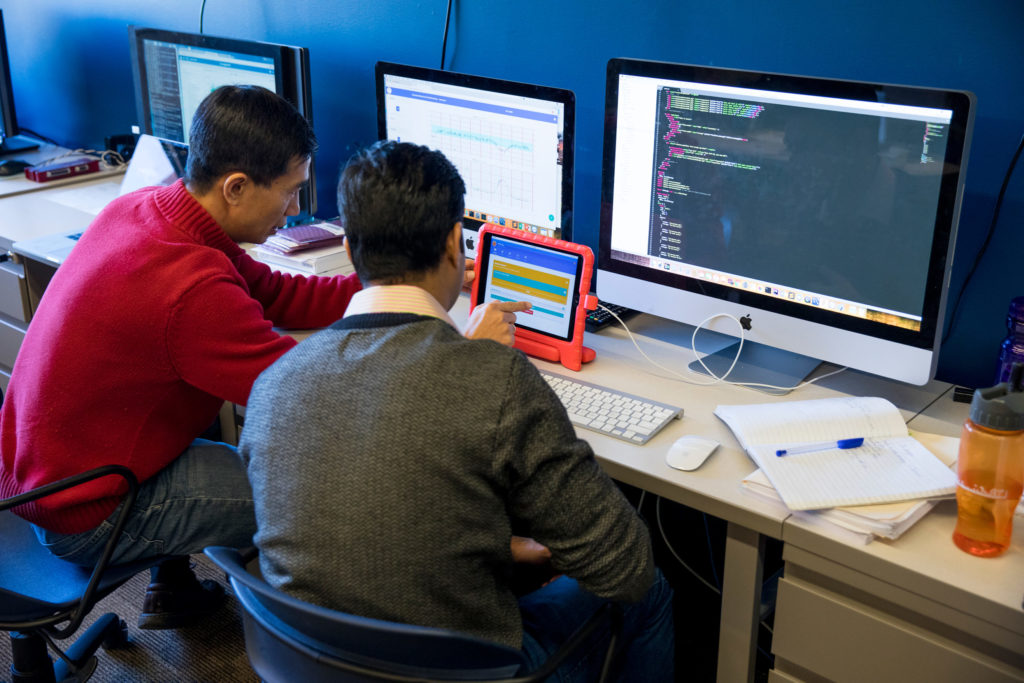The University of Tennessee, Knoxville, College of Nursing and Tickle College of Engineering have been awarded a research subcontract of up to three-years and $1.5 million to build advanced systems engineering and operations for situations in which critical decisions must be made quickly and correctly.
Consolidated Nuclear Security LLC, the management and operations contractor for the Y-12 National Security Complex, sponsored the initiative, which aims to develop an integrated approach for applying advanced engineering tools and techniques.
“We are bringing together a unique depth and breadth of capabilities from across campus to support this particular effort, drawing on our experience of working in high-consequence operations like health care or nuclear energy,” said Tom Berg, assistant professor of nursing. “This integration of advanced systems engineering capabilities into the College of Nursing provides us with new and unique resources such as computer simulation and modeling, data visualization, virtual and mixed reality, predictive analytics, and decision theory. These skills and resources help expand our leadership in nursing research by complementing existing research areas and moving into areas new to the college.”
Berg holds a joint appointment as an assistant professor in the Department of Industrial and Systems Engineering, where he has frequent opportunities to work with Professor Xueping Li on projects such as the Health Innovation Technology and Simulation Laboratory—one of the foremost examples of collaboration between the two colleges.
For the CNS project, the work that UT researchers will conduct will include process assessment, advanced computer simulation approaches, predictive analytics tools, machine learning, and artificial intelligence.
“This work will continue the strong spirt of collaboration that we have fostered over the years,” said Li. “We can build off what we have learned together to help improve outcomes in scenarios where the timeliness and effectiveness of the response is vital.”
An essential part of the program is implementing a state-of-the-art laboratory to accelerate putting these approaches and technologies into practice.
While working together is nothing new for the two colleges, the source of the subcontract presents a unique opportunity.
“Securing funding from CNS to apply engineering principles and techniques to health care problems is novel,” said Tami Wyatt, associate dean of research for the College of Nursing. “With this funding and the expertise of these two collaborators, UT can potentially solve complex health care problems like disaster preparedness with engineering solutions.”
Contact
Kara Clark (8659749498, [email protected])
David Goddard (865-974-0683, [email protected])
